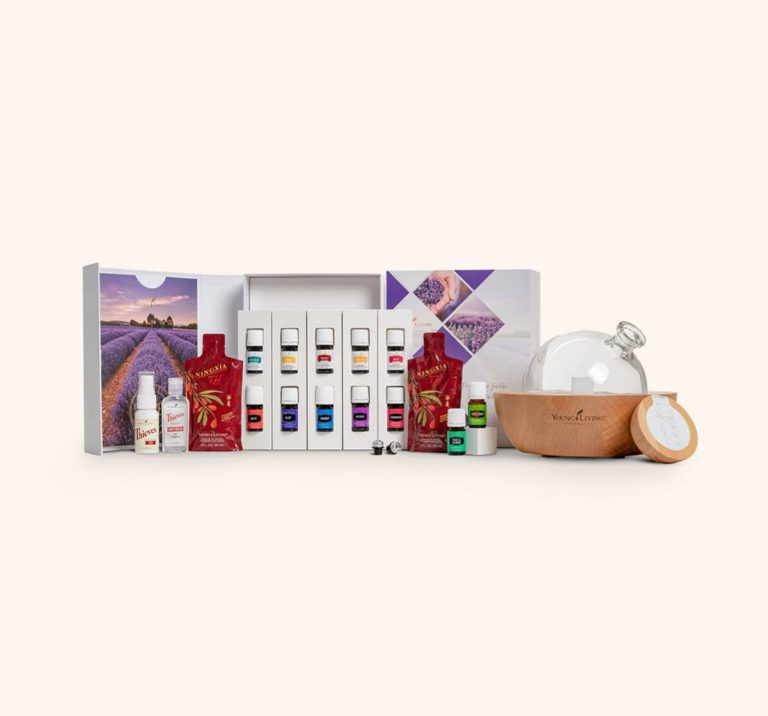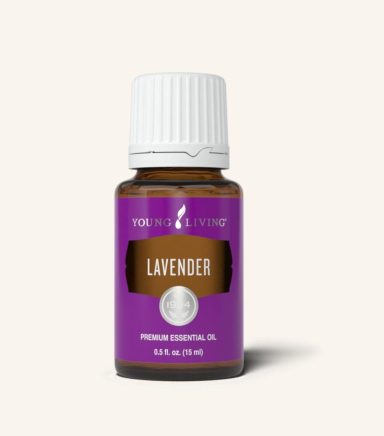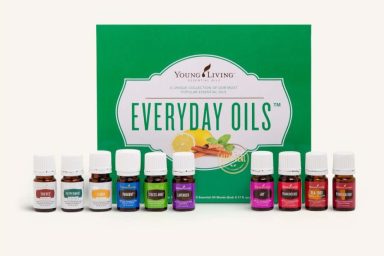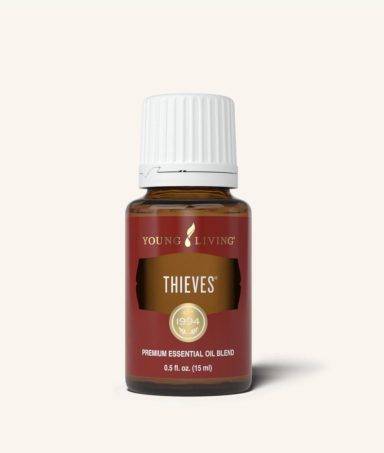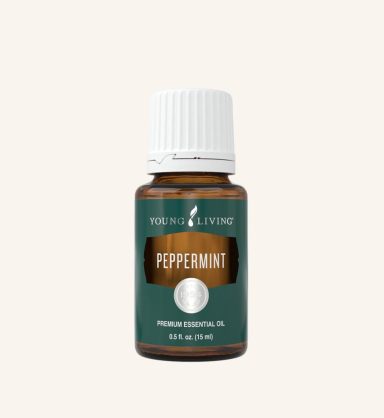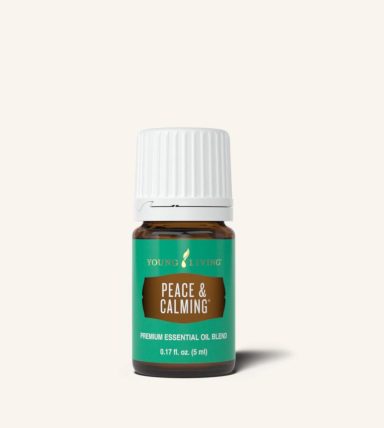Featured Oils
Discover more about our extensive range of essential oils. We constantly update this page, but if you still can’t find what you’re looking for, please feel free to get in touch with us – we will be more than happy to help.
Everyday Oils Bundle
A great introduction to the many benefits of Young Living’s 10 most popular essential oils. The oils and blends in this select collection provide ongoing support for your home, health, and body. Click here to learn more.
Thieves Oil Blend
A powerful combination of Clove, Lemon, Cinnamon Bark, Eucalyptus Radiata, and Rosemary essential oils. Thieves is a key ingredient in our Thieves Home Collection, your go to for a clean and healthy home.
What are Essential Oils?
Essential oils are concentrated compounds extracted from aromatic plants to capture that plant’s scent, flavor, and natural benefits. You’ll find these highly potent compounds in a plant’s seeds, flowers, bark, roots, leaves, stems, rinds, fruit, and resin. For example, in citrus fruits, essential oils are found inside the peel. essential oils create that plant’s signature scent along with other benefits. To enjoy these concentrated effects—the benefits of essential oils—you can apply them topically, typically added to other carrier oils, creams, and lotions. Other benefits come from diffusing these oils’ inviting aromas throughout your living or workspaces with an essential oil diffuser. Certain grades of oil can even be ingested and are used to flavor food and drinks. Of course, concentrated extracts like essential oils should be handled with care. Always check individual labels for instructions on how to use and apply an essential oil. Ask your doctor if you’re unsure which oil is right for you.
How are Essential Oils made?
Steam distillation is the most common way to extract essential oils. It involves placing water and select aromatic plants into specialized equipment called a distiller. The water is boiled to the point where it creates steam. The steam pulls the essential oils out of the plants.
Oil companies generally use cold pressing to extract oils from citrus fruits such as lemons, grapefruits, limes, oranges, and tangerines. Cold pressing is preferred with these fruits because other oil extraction methods can compromise the potency of the oil.
Oil harvesters use resin cutting to extract oils such as frankincense and myrrh. The harvester scrapes the outside of the plant, which causes the plant to produce a sap-like substance to heal the wound. The sap eventually hardens into a resin that is then collected and taken for distilling. Done properly and responsibly, resin cutting causes no harm to the plant.
Resin tapping is similar to resin cutting and is used to extract such oils as copaiba. Instead of merely scraping the outside of the plant, a harvester using resin tapping will cut a small hole in the trunk of the plant, enough to allow the sap to seep from it. The plant eventually fills the hole with resin over the next few days, allowing the harvester to collect the extra resin.
How do Essential Oils work?
There are three primary ways that the beneficial constituents in essential oils can interact with your body: aromatically through the olfactory nerves, topically through the skin, and internally through ingestion. Inhaling the scent of essential oils can stimulate the body on various levels. You’ll find that when you breathe in a certain scent, your body will react without you even realizing it. Essential oils can also work topically when applied to the skin, where they can be absorbed into the body. Remember that essential oils are extremely potent, though, and you should proceed cautiously with the topical application of a new essential oil, especially if you have sensitive skin. (*Tip*: A patch test is a way to take an oil for a limited trial run to see how it interacts with your unique skin and system.) The rich, bright aromas of certain essential oils can add a delicious kick of flavor to your favorite recipes! For example, you can add some Lime oil to fresh salsa or your favorite marinade, Lemon to grilled fish, Peppermint to hot cocoa, or Oregano or Basil to homemade pasta sauce. Just remember that these oils are extremely powerful—one drop may overpower your recipe!
Disclaimer*
If you experience a bad reaction to the oil, apply a carrier oil to the affected area instead of soap and water. Carrier oils are neutral, plant-derived oils such as almond oil or coconut oil. They’re often used to dilute the powerful effects of essential oils. Carrier oils are recommended instead of water because oils are fat soluble. This means they’re attracted to fat and repel water. The skin contains layers of fat, which attracts essential oils. If an oil causes any kind of discomfort, washing it with water will only drive it deeper into your skin. It’s important to keep essential oils away from sensitive regions of the body including the eyes, ears, and other soft-tissue regions. Also, some essential oils, particularly those that belong to the citrus family, cause photosensitivity. Please check labels for any warning signs to dilute before application, and wait 24 to 48 hours before exposing skin to the sun or to take any other precautions. Not all oils can be ingested, but some qualify as dietary supplements. Review the labels of oils to make sure they’re intended for internal use before you add them to your cooking or flavor your drinks with them.
We need your consent to load the translations
We use a third-party service to translate the website content that may collect data about your activity. Please review the details in the privacy policy and accept the service to view the translations.
